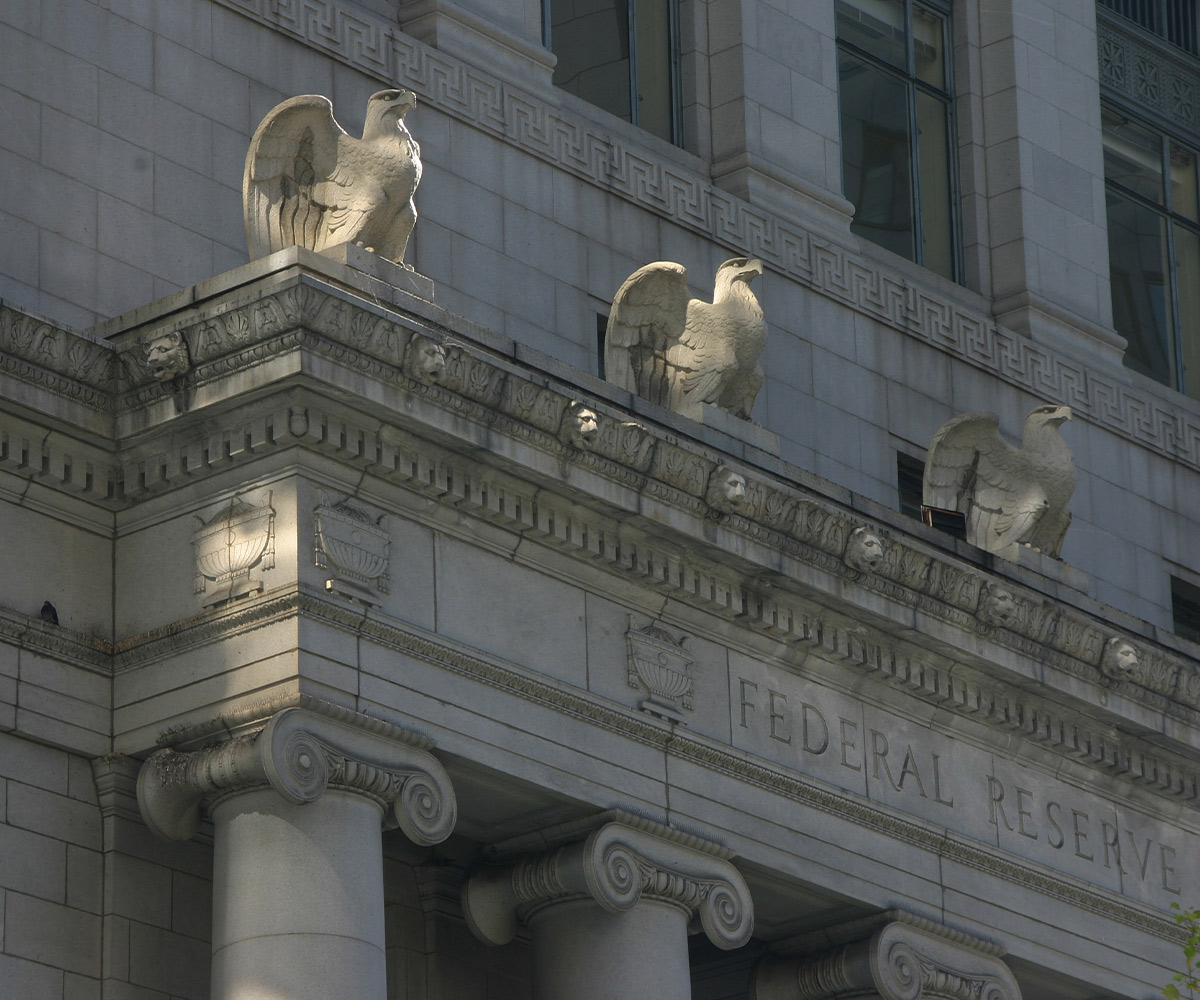SUMMARY
Though markets have rallied recently on hopes that central banks won't crush the economy, it is too late to avoid a sharp economic slowdown. We expect the slowest global growth rate in 40 years in 2023, apart from 2009 and 2020. That said, we do not think a recession or stall in the world economy will be severe.
- Our base case view has shifted to a 50% recession probability, 40% slow growth (Resilient) and 10% (Robust), a strengthening expansion over the course of next year. With the Fed raising short-term US interest rates above long-term Treasury bond yields, we have added to holdings of short-duration US Treasuries and IG corporates.
- Some of these securities, with low credit risk and price volatility, yield more than 30-year Italian or Greek debt. While the Fed is still pushing up short-term rates, we see bonds offering both a potential diversification benefit and income opportunity as a sharp slowing in the world economy is likely in the coming year.
- Though markets have rallied on hopes that central banks won’t crush the economy, it’s too late to avoid a sharp economic slowdown. We expect the slowest global growth rate in 40 years in 2023, apart from 2009 and 2020. Global trade should weaken, impacting many regions. (Our base case view has shifted to a 50% recession probability, 40% slow growth, and 10% for a strengthening expansion over the course of next year.)
- Excluding 2020, recessions of the recent past were marked by hubris and denial. Consider the new economy excuses of 2000 and the housing bubble deniers of 2008. This added to the shock impact when economies plunged into recession in those periods.
- Today, confidence is already depressed and recession forecasts are ubiquitous. This suggests weakness won’t come suddenly, like a thunderbolt from the sky.
- Interest rate sensitive economic activity is being restrained by both supply and demand factors and never rose to the historic boom proportions of the past. This suggests a shallower path for any potential recession. Nonetheless, the latest equity market rally – driven in part by low-quality cyclicals – doesn’t seem sustainable in the face of a likely 10% decline in US corporate earnings we expect next year.
- While we don’t expect a plunge in oil akin to the COVID shock, the history of severe cycles in petroleum argues against keeping an overweight. Our Global Investment Committee further trimmed commodities-related holdings to add lower-risk bonds for the year ahead as we expect inflation to subside.









